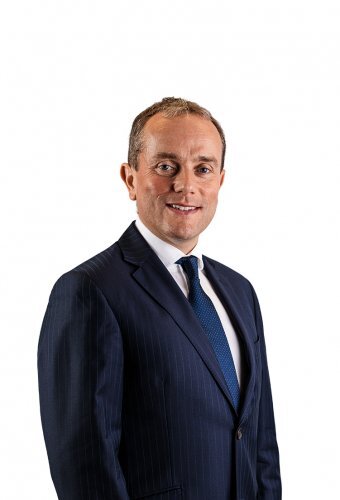The Chancellor, Rishi Sunak delivered a Budget which is characterised as spend now and tax later, the aim being to stimulate and support the British economy.
As expected, the furlough scheme has been extended to 30 September with employers being required to contribute from July as the economy re-opens. This currently supports around 4m workers. The Self-Employed Income Support Scheme (SEISS) has also been widened to cover 80% trading profits subject to a cap. The £20 per week uplift in universal credit has been extended for another 6 months.
There was no change on the ‘big 3’ of income tax, national insurance or VAT, but tax thresholds were frozen to raise extra tax revenue over time. In addition, a planned increase in fuel duty has been cancelled and all alcohol duty has been frozen for a second consecutive year.
Income tax thresholds
Income tax thresholds will not increase during the 2021/22 tax year. In April 2022, the personal allowance will increase to £12,570 and the higher rate tax threshold will increase to £50,270. These thresholds will then be maintained at the same level until 2026. Whilst the small increase next year is welcome, inflation rates over the next five years are expected to outweigh the minimal short-term benefits.
Pension Lifetime Allowance
The Pension Lifetime Allowance (LTA) has been frozen at its current level of £1.073m, so will not rise by CPI inflation as expected to £1.078m. This will effect high earners, such as doctors with larger pension funds, who face a recovery tax charge at retirement of up to 55%.
Inheritance Tax (IHT) Nil Rate Band and CGT Annual Exemption
Both the Nil Rate Band for IHT, £325,00 and the CGT Annual Exemption, £12,300 have been frozen. This will bring in additional tax revenue over time.
Stamp duty
The temporary cut in Stamp Duty Land Tax in England has been extended until the end of June with a taper to the end of September. The SDLT threshold has been lifted to £250,000 from £125,000 until 30 September. The £500,000 nil rate will end on 30 June and revert to £250,000.
Mortgage Guarantee Scheme
The government has launched a new mortgage guarantee scheme offering first-time buyers requiring a 95% mortgage access to homes up to £600,000 by guaranteeing a portion of the loan.
Corporation Tax
UK businesses that make a profit will continue to pay Corporation Tax at a rate of 19% until April 2023. From this date, businesses whose profits exceed £50,000 will pay a new Corporation Tax rate of up to 25%, dependent on profit levels. Only businesses whose profits exceed £250,000 will pay the full 25% rate.
Business Rates Holiday
The Business Rates holiday for firms in England will continue until June with a taper to 75% discount after 1 July.
Super-deduction for companies
For two years, starting 1 April 2021 until 31 March 2023, companies that invest in new equipment will be able to reduce their tax bill by 130% of the cost. This is expected to be worth around £25 billion to UK companies over the period.
Please note, our view of markets does not constitute investment advice. Past performance is not necessarily an indication of future returns; the value of investments and any income from them is not guaranteed and can fall as well as rise. Overseas investments are affected by currency movements and exchange rates. If you would like investment advice on your individual circumstances, please do not hesitate to get in touch, telephone 01392 875500, info@SeabrookClark.co.uk
